Only water justice cures unhealthy Nile rhetoric

All Nile basin nations need to come together, re-think water efficiency and climate change vulnerability, and find a remedy to the existing unhealthy rhetoric of Nile water shares, argues Dagim Terefe.
Access to water is a centre of all development. Without fresh water, we can't grow food, we can't build housing, we can't power our communities, we can't stay healthy, we can't stay in school, and we can't even keep ourselves working and alive.
The UN has recognized that access to water is one of the pressing global issues of the 21st century. According to UN-Water (2021), 2.3 billion people live in water-stressed countries, of which 733 million live in high and critically water-stressed countries. Such scarcity will be exacerbated due to rapidly growing urban areas, climate change, bio-energy demands, and other related environmental challenges.
The water crisis is much more severe in sub-Saharan African countries where scarcity is often driven by lack of access rather than physical shortage. The access is often limited by institutions that are unable to ensure a regular supply, inadequate infrastructure, and poor transboundary freshwater share and management systems.
The Nile Basin countries are one such example, where enough water resources exist in the basin to support their needs if they could work in a good spirit of cooperation toward mutual benefits. However, the water share and use of the mighty river Nile remains blatantly unequal, a situation that must be remedied by rethinking and cooperation amongst the Nile basin nations.
Water injustice: a colonial legacy
Under the 1959 Nile Waters Agreement between Egypt and Sudan, Egypt has had rights to 87% of the Nile's water, with Sudan owning rights to the rest. Ethiopia, whose highlands supply 86% of Nile water, is denied its right to development through its exclusion from the shared transboundary water resource.
The 1959 agreement, formed during the advent of British colonialism in the area, was part of a hegemonic plan geared towards controlling the entire basin by ensuring the uninterrupted flow of the river to the downstream counties of Egypt and Sudan. Ethiopia, never colonized by a European power itself, did not sign either of the 1929 or 1959 colonial treaties on Nile water shares despite serving as the supply for most of the basin's water.
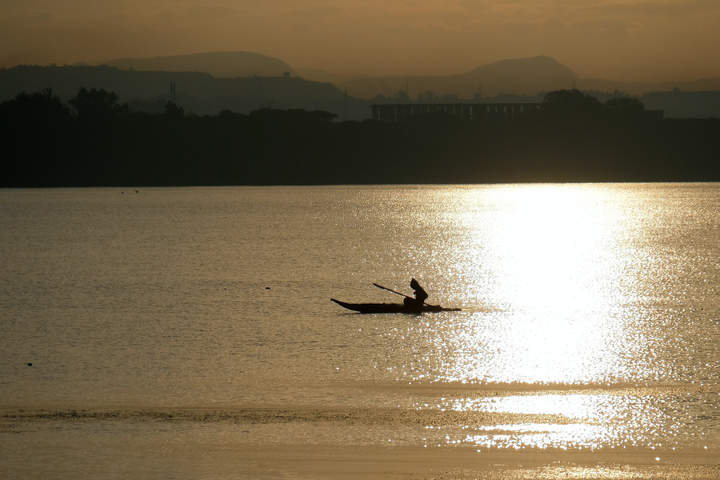
The inequality is clear. If you review any international water law — the Helsinki Rules (1966), Stockholm Declaration (1972), Seoul Rules on International Groundwaters (1986), UNECE Water Convention (1992), the Berlin Rules on Water Resources (2004), or the UN Convention on the Law of Non-Navigational Uses of International Watercourses (UN Watercourses Convention-1997) — you can easily understand how the right to access to water, use, and development is being violated amongst Nile basin nations.
For the last decades, when attempting to renegotiate treaties over the basin, the historically underrepresented upstream nations have attempted to do away with the allocations of previous treaties. They argue that these divisions were established in colonial times and new agreements should be built from scratch. The downstream countries of the course (Egypt and Sudan) — who have 100% hegemonic share of the Nile — dug in their heels, attesting that their historic right had to be respected.
Egypt and Sudan, thus, are not happy with the construction of the Great Ethiopian Renaissance Dam (GERD). Costing around $ 4.5 billion, the GERD will become Africa's largest hydroelectric dam, with a generation capacity of over 5200MW. This single non-water consumptive hydroelectric dam is set to deliver not just electricity, but also overdue water justice to Ethiopia and the other eight countries of the upper Nile basin. Ongoing conflict over the GERD is best understood within the more recent historical context of regional water cooperation.
Historic events in shaping Nile water justice
According to the European Journal of International Law (EJIL), riparian cooperation in the Nile basin has emerged as a post-colonial phenomenon, albeit one that has been enormously influenced and, in part, predetermined by the hydrological and hydro-political legacies of the colonial era. The current institutional environment has evolved out of three cooperative framework initiatives which were mostly initiated by Egypt and Sudan and isolated the major Upper Nile basin nations such as Ethiopia and Kenya.
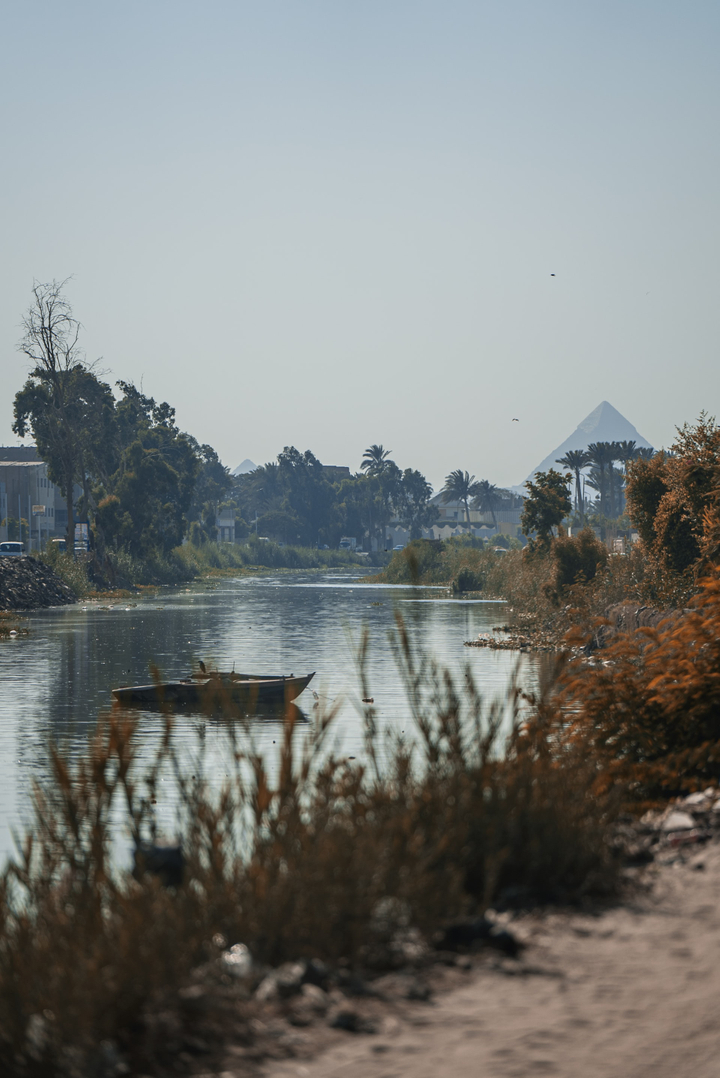
An initial cooperative framework was enacted in 1967 named 'Hydromet' that aimed to evaluate the water balance of the Lake Victoria catchments to assist in any control and regulation of the lake level as well as the flow of water down the Nile in the wake of high flooding earlier in the decade. It was proposed by the World Meteorological Organization — only Egypt and Sudan were invited.
In 1983 Egypt spearheaded Undugu ('Brotherhood' in Swahili) which brought several Nile Basin countries together to consider regional economic development. These initiatives were of limited scope and did not have the full representation or participation of major Nile water nations like Ethiopia, according to the World Bank open document. It failed to lead to meaningful and concrete riparian cooperation, due primarily to lack of genuine commitment on the part of Egypt, which perceived the initiative 'as an exercise in hegemonic influence', according to the EJIL. In practice, electricity generation and joint hydroelectric projects connecting the national electricity grids became, on Egypt's insistence, the top agenda of Undugu. Meanwhile, Egypt continued to develop vast irrigation and land reclamation projects without any consultation of the other riparian nations. In doing so, the EJIL stresses, Egypt undermined the very cooperative initiative it had introduced.
Following these overt perpetuations of water injustice, a key foundation of today's cooperative environment was born out of Undugu, although it repeated the same mistake of discouraging the main Nile water contributing countries like Ethiopia from becoming fully fledged members. It was called the Technical Cooperation Committee for the Promotion of Development and Environmental Protection of the Basin (TECCONILE), which ran from 1992 to 1999 and focused on environmental and water quality. TECCONILE brought together six of the riparian countries of the Nile namely Egypt, Rwanda, Sudan, Tanzania, Uganda, and Zaire (the present-day DRC).
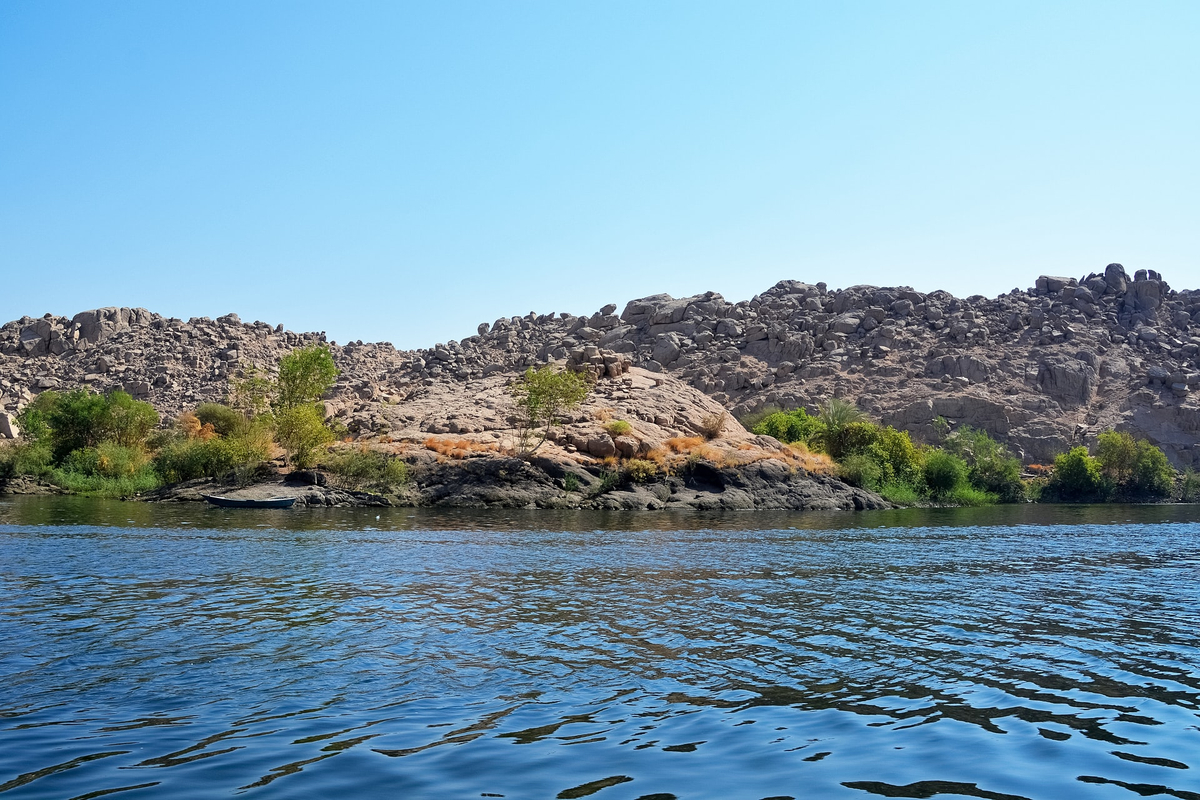
Justicespot to cure unhealthy Nile water rhetoric
TECCONILE introduced a positive spirit of basin-wide inclusive planning and cooperation. The Nile River Action Plan was developed and formally approved by the Council of Ministers of Water Affairs which met in Arusha, Tanzania, in February 1995. A section of the Action Plan's fourth component — Regional Cooperation — envisaged the establishment of a basin-wide framework for legal and institutional arrangements.
A basin-wide cooperation platform occurred indeed. The Nile Basin Initiative (NBI, an intergovernmental partnership comprised of eleven Nile Basin countries to date) officially launched in February 1999 in Dar Es Salaam, Tanzania, by the Council of Ministers of Water Affairs of the Nile basin states (Nile-COM) as 'an inclusive transitional mechanism for cooperation until a permanent cooperative framework is established'.
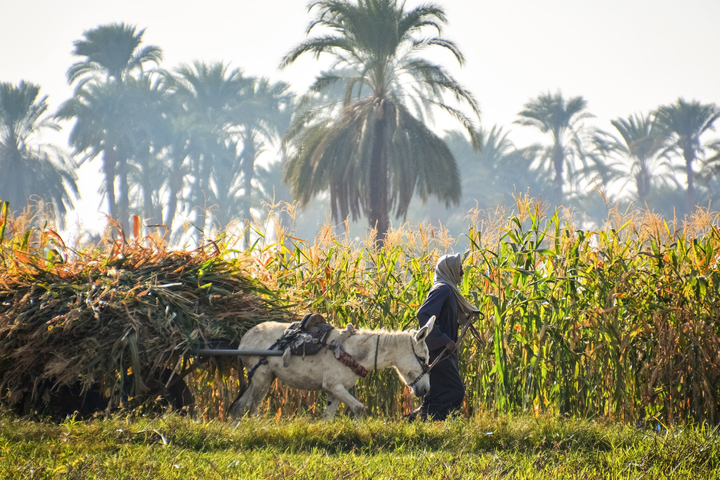
A perfect kernel to Nile water justice, the Nile Basin Cooperative Framework Agreement (NBCFA), initially conceived in the framework of the TECCONILE and arising subsequently from the NBI, for the first time brought onto the cooperative agenda the fundamental issue of equitable (re)allocation of the Nile waters – an issue previous cooperative schemes had completely eschewed, according to EJIL.
Following the drafting of the CFA from 1997-2007, it was submitted to the Nile-COM which met in Entebbe, Uganda, in June 2007. However, an agreement could not be reached on the question of water security introduced by Article 14 of the draft: Egypt and Sudan called for the replacement of sub-article (b) by a new sub-article which the other riparians found unacceptable or unjustifiable.
Sub-article (b) says 'not to significantly affect the water security of any other Nile Basin State' where the Egyptian-Sudanese amendment to Article 14(b) would instead obligate the rest of the riparians 'not to adversely affect the water security and current uses and rights of any other Nile Basin State'. This is the deadlock that caused Egypt and Sudan to refuse to cooperate with the NBI and work toward water justice within the framework of the acceptable international transboundary river principle of equitable and reasonable use and not causing significant harm.
In May 2010, the CFA, also known as the Entebbe Agreement, was signed by six out of the 10 Nile Basin Initiative states. The signatories are Uganda, Ethiopia, Rwanda, Tanzania, Kenya and Burundi (later in 2011) and it has been ratified by four countries namely Ethiopia, Rwanda, Tanzania, and Uganda —South Sudan has decided to ratify this year. The CFA treaty envisages the establishment of a permanent institutional mechanism, the Nile River Basin Commission (NRBC), with the aim to promote and facilitate the implementation of the CFA and facilitate cooperation among the basin states in the conservation, management, and development of the Nile River Basin and its water. Egypt froze its membership in the Nile Basin Initiative in 2010 and, in doing so, has willfully violated the principles of the UN water conventions.
One fundamental deadlock over the GERD is directly related to the equitable sharing of the Nile water which could be solved with a basinwide outlook under CFA. Ethiopia, while providing the lion's share of the waters of the Nile, utilizes almost none of it. This brings the question of water justice not only to Ethiopia but also to all Nile basin countries. For Ethiopia, the obvious question for a long time is: How can such injustice be tolerated, when the country which provides 86% of the water of the Blue Nile is deprived of its fair share?
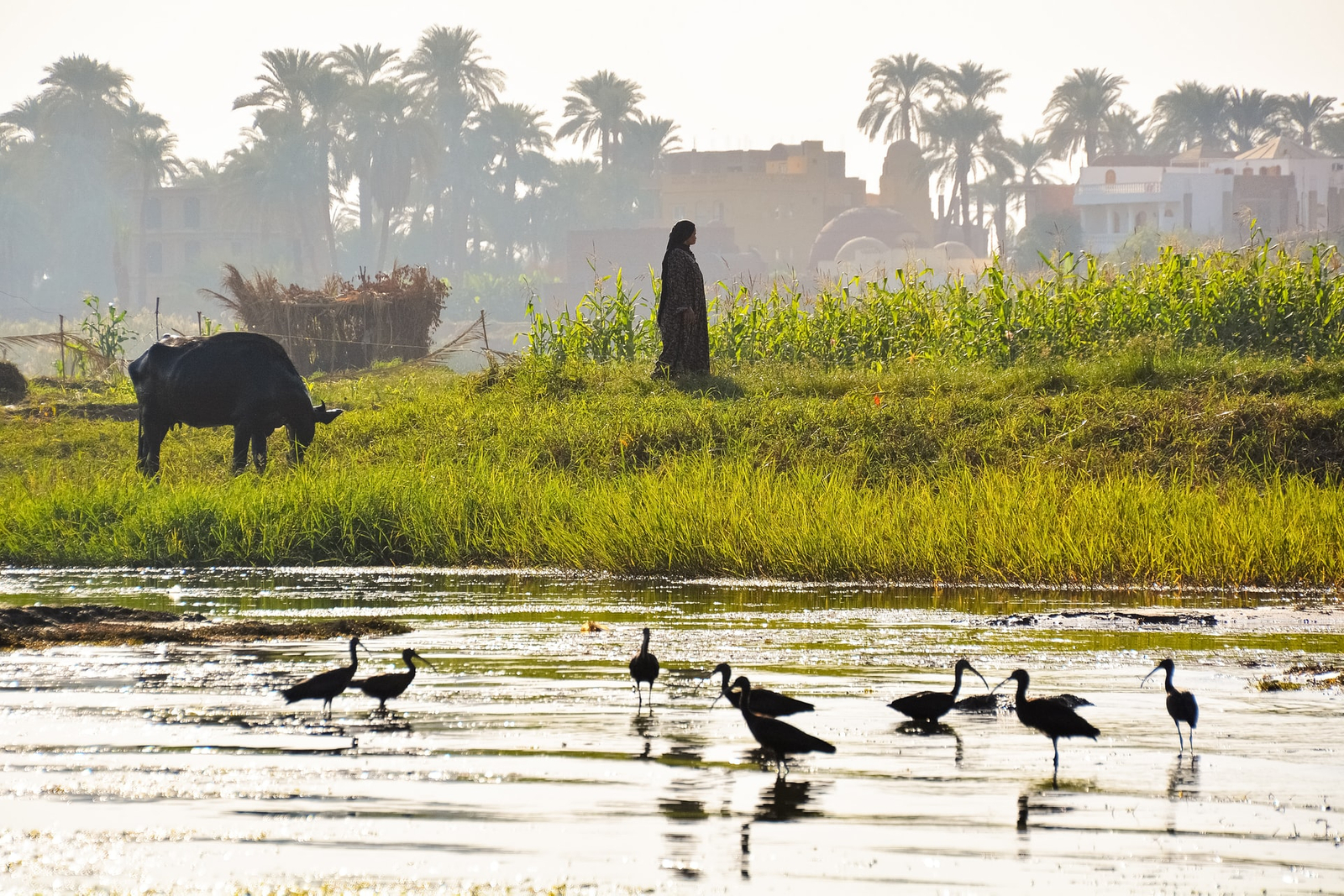
Hopespot for water justice and food security
According to the Nile Basin Initiative (NBI), there are about 5.6 million hectares of land under irrigation or equipped with irrigation facilities in the Nile Basin. A large proportion — 97% of the land — is located in Egypt and Sudan, with the remaining 3% distributed among the upper riparian states. This is despite the fact that the two nations are located in arid and desert areas where the dry climate contributes to the highest amount of water wastage due to evaporation. In fact, the FAO's Water Accounting analyses of the basin reveal that, between 2009 and 2019, evapotranspiration nearly always exceeded precipitation along many waterbodies of Sudan and Egypt including the Sudd wetlands, Aswan reservoir, and irrigated farmlands along the banks of the Nile in Egypt.
On the contrary, a more suitable climate and agricultural lands are mostly found in upper riparian states. Climate model projections suggest that increasing regional precipitation in upper riparians together with increasing numbers of hot and dry years, all make it more important for all Nile basin nations to store excess rain in upper riparians to prevent flooding and provide capacity to cope with climate extremes expected in the coming years.
The water resources research community has widely adopted the concept of a "water footprint" as a volumetric measure of freshwater appropriation. It is used to assess water use along supply chains, sustainability of water use within river basins, the efficiency of water use, equitability of water allocation, and dependency on the water in the supply chain. Agricultural economists argue that it is unwise for a water-short country to grow and export products such as rice, wheat, oranges, and avocados, which require a lot of water to cultivate. Instead, in order to reduce the water footprint of such goods, they recommend strengthening systems of cooperation so that they can be imported from water-rich countries. Regional cooperation that brings about mutual technology transfer, industrialization, and economic integration could complement investments in regional water efficiency and contribute to an easing of conflicts over water.
All Nile basin nations — including Egypt and Sudan — therefore, need to come together, re-think water efficiency and suitable adaptations, proactively re-think climate change vulnerability and food security, sign the CFA, transform the NBI into the permanent Nile Basin River Commission and find a remedy to the existing unhealthy rhetoric of Nile water shares which arises from the unjustifiable and non-inclusive colonial-era treaties.






Member discussion